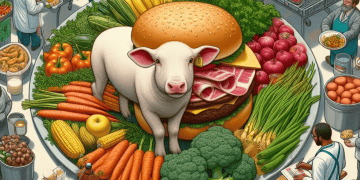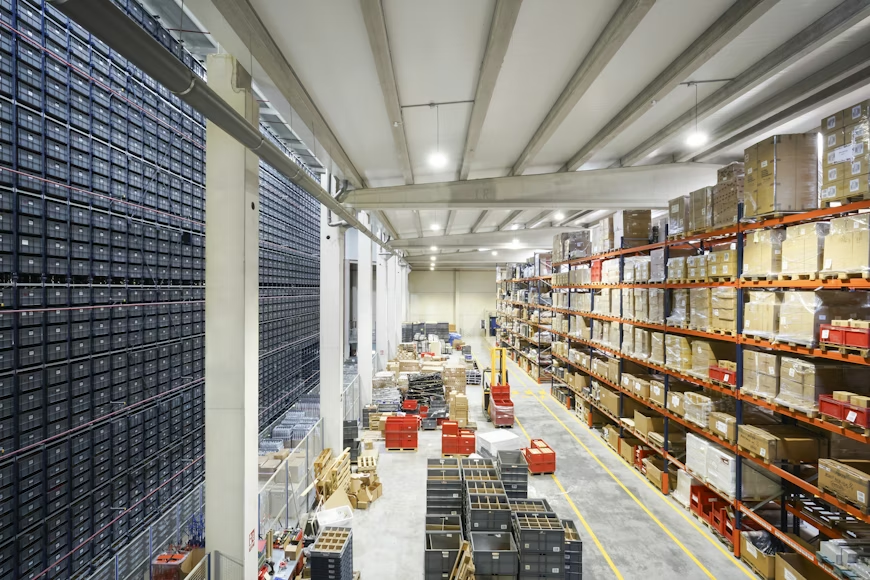Whole Foods Market has announced significant changes to its animal welfare certification program, with the aim of enhancing sustainability and transparency in its meat supply chain. The grocery chain will be transitioning to a new set of standards that are anticipated to affect its suppliers and the products available to consumers.
The new program, set to be fully implemented by 2026, will require that all meat suppliers meet specific criteria that exceed current industry norms. These criteria include stricter guidelines on animal welfare, environmental impact, and antibiotic use. The initiative is part of Whole Foods’ broader strategy to promote more responsible sourcing practices and improve the sustainability of its operations.
Whole Foods has faced criticism in the past for not being transparent enough about its sourcing practices. By adopting these new standards, the company aims to address these concerns and set a higher benchmark for the industry. The new guidelines will be more rigorous than the existing Global Animal Partnership (GAP) certification, which Whole Foods has used since 2008.
The updated standards will also emphasize reducing the environmental footprint of meat production. This includes measures to improve soil health, reduce greenhouse gas emissions, and promote biodiversity on farms. Suppliers will be required to implement practices that support these goals, potentially leading to significant changes in how meat is produced and processed.
Whole Foods’ move comes amid increasing consumer demand for ethically sourced and environmentally friendly products. The company believes that by raising its standards, it can better meet the expectations of its customers and contribute to broader efforts to make the food system more sustainable.
The transition to the new standards will be gradual, giving suppliers time to adapt to the changes. Whole Foods plans to work closely with its partners to ensure they can meet the new requirements without disrupting their operations. The company has committed to providing support and resources to help suppliers navigate this transition.
As Whole Foods rolls out these changes, it will be crucial for the company to maintain clear communication with consumers about the impact of the new standards. Transparency will be key to building trust and demonstrating the benefits of these initiatives.
Overall, Whole Foods’ updated animal welfare and sustainability standards represent a significant step towards more responsible and ethical food production. By setting higher benchmarks for its suppliers, the company is positioning itself as a leader in the movement towards a more sustainable and transparent food system.
Explore top supply chain logistics news at The Supply Chain Report. Interested in international trade? Visit ADAMftd.com for free tools.
#WholeFoods #AnimalWelfare #Sustainability #MeatSupplyChain #FoodTransparency #EthicalSourcing #EnvironmentalImpact #ResponsibleSourcing #GAPCertification #SustainableFood #FoodSystem #ConsumerDemand #FarmBiodiversity #GreenStandards #SupplyChainReform

















